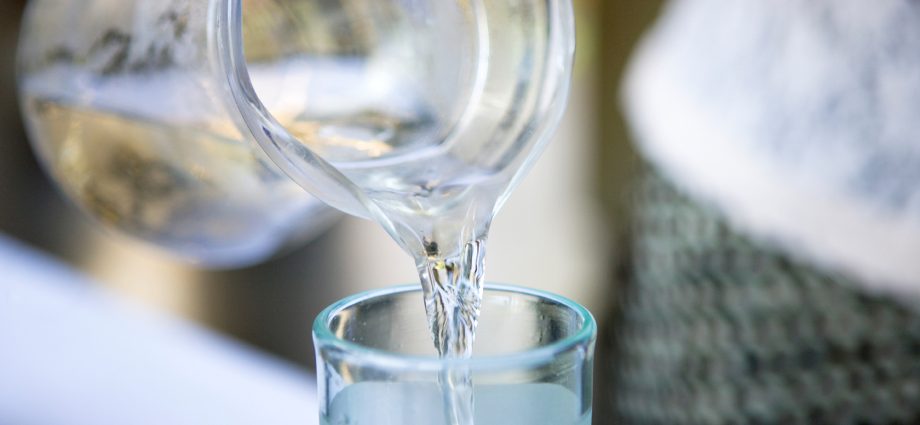Mostly we hear about the “glass of water” from relatives and friends who can’t wait until we have children. As if the only reason for their birth is a glass of water in old age. But few people know that this statement is actually about mercy, about compassion, about spiritual intimacy.
«Why do we need children?» — «To give someone a glass of water in old age!» folk wisdom answers. Her voice is so loud that sometimes it does not allow us (both parents and children) to hear our own answer to the question asked.
“The glass of water in question was part of the farewell ritual in Russian culture: it was placed at the head of the dying person so that the soul would wash and go,” says family psychotherapist Igor Lyubachevsky, “and it symbolized not so much physical help as a manifestation of mercy, decision to be near a person in the last hours of his life. We are not against mercy, but then why does this saying so often cause irritation?
1. Reproductive pressure
These words, addressed to a young couple, metaphorically indicate the need to have a child, regardless of whether they have such a desire and opportunity, the family therapist answers. — Instead of a sincere conversation — a cliché demand. It is not at all clear where it comes from! But the young seem to have to obey. The proverb about a glass of water devalues the intentions of potential parents and becomes a manifestation of reproductive violence. And, like any violence, it will cause rejection and protest rather than consent.
2. Sense of duty
This phrase often plays the role of a family setting. “You are the one who will give me a glass of water in my old age!” — such a message makes the child a hostage of an adult. In fact, this is a veiled order “live for me”, Igor Lyubachevsky translates “from parental into Russian”. Who will be able to rejoice in the fact that he is sentenced to provide for the needs of another, and even “superior”?
3. Death reminder
A non-obvious, but no less significant reason for the negative attitude towards the “glass of water in old age” is that modern society is reluctant to remember that life is not endless. And what we try to keep silent about is overgrown with fears, myths and, of course, stereotypes, which are replaced by a frank discussion of the problem.
But the problem does not go away: from a certain moment, our elders need care and at the same time are afraid of their impotence. Bitterness and pride, whims and irritability accompany the participants in this drama.
Each of them becomes a hostage to the stereotype about a glass of water: some are waiting for it, others seem to be obliged to provide it on demand and without intermediaries.
“The aging of parents is at the same time the maturation of children. The hierarchy within the family is changing: we seem to have to become parents to our mothers and fathers, — the psychotherapist explains the dynamics of the conflict. — Those whom we considered the strongest, suddenly become «small», needy.
Having no experience of their own and relying on social rules, children give themselves up to care and forget about their own needs. Parents either protest or “hang” on the child in order to share with him the loneliness and fear of death. Both of them get tired, and also hide and suppress anger at each other.
Em bi kurtasî
Everyone has their own fears, their own pain. How can we help each other and keep love during the period of role reversal? “It is not necessary to spend all your free time at the bedside of a relative or deal with medical issues on your own. Children and parents can determine the boundaries of their own capabilities and delegate part of the tasks to specialists. And to be for each other just loving, close people, ”concludes Igor Lyubachevsky.










